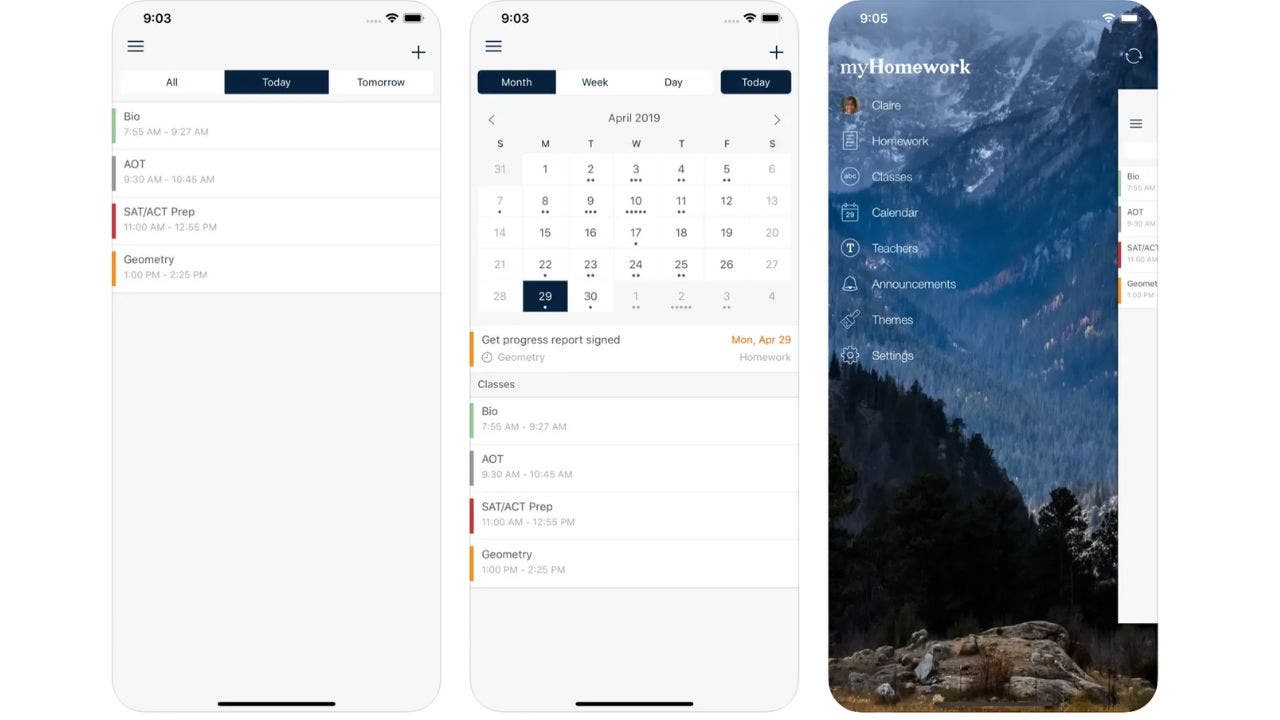Mobile school apps have evolved into powerful tools for education, offering more than just entertainment or convenience. These apps have become essential for communication, learning, and organization, providing a wide range of benefits for schools, parents, and students. By utilizing these apps, schools can share important announcements and schedules, facilitate direct messaging among teachers, students, and parents, and create a sense of community.
One example of a popular communication app is ClassDojo. This app allows parents, teachers, and students to share updates, offer support, and celebrate everyday accomplishments. It functions like a virtual classroom, providing a way for everyone to stay connected and engaged.
Another useful app for communication and information is Remind. With Remind, parents and students can easily stay informed about assignments and school events. It acts as a digital bulletin board, allowing for seamless communication between teachers, students, and parents. Additionally, Remind provides instant feedback on progress and offers a platform for communication with classmates.
When it comes to educational resources, mobile apps serve as digital libraries, offering a vast range of materials such as e-books, interactive lessons, and video tutorials. The Khan Academy app is a prime example of an app that offers comprehensive lessons across various subjects, making studying less daunting and more engaging. With Khan Academy, students can track their progress and earn badges as they learn new skills, making it an invaluable resource for anyone seeking to expand their knowledge.
For studying and exam preparation, the Quizlet app is a great option. It incorporates games and flashcards to reinforce learning, allowing students to create their own study sets or access existing ones. Quizlet also offers live study sessions and timed tests, providing an interactive and enjoyable way to study anytime, anywhere.
When it comes to organization, mobile apps excel in providing digital calendars, reminders, and assignment submission platforms. The Canvas Student app stands out as an all-in-one learning management system. It facilitates course creation, assignment management, grading, feedback, communication, collaboration, and more. With its integration with various other apps and tools, such as Google Drive and Quizlet, Canvas simplifies the learning process for both teachers and students.
Another excellent app for organization is myHomework, which serves as a personal organizer for students. It helps keep track of assignments and due dates, while also allowing for data synchronization across multiple devices. The app sends reminders for upcoming tasks, ensuring students stay on top of their workload.
While mobile school apps offer numerous benefits, it is important to consider potential drawbacks as well. These apps may distract students from their academic tasks and potentially compromise their privacy and security. To mitigate these risks, schools and parents need to be aware and take appropriate measures.
Overall, mobile school apps are not just a temporary response to the pandemic; they are an integral part of the evolving educational landscape. By enhancing communication, providing educational resources, and fostering organizational efficiency, these apps have become indispensable tools for schools, parents, and students. As we move towards a post-pandemic world, the demand for educational mobile apps will continue to grow, solidifying their role in the future of education.
Denial of responsibility! Vigour Times is an automatic aggregator of Global media. In each content, the hyperlink to the primary source is specified. All trademarks belong to their rightful owners, and all materials to their authors. For any complaint, please reach us at – [email protected]. We will take necessary action within 24 hours.


